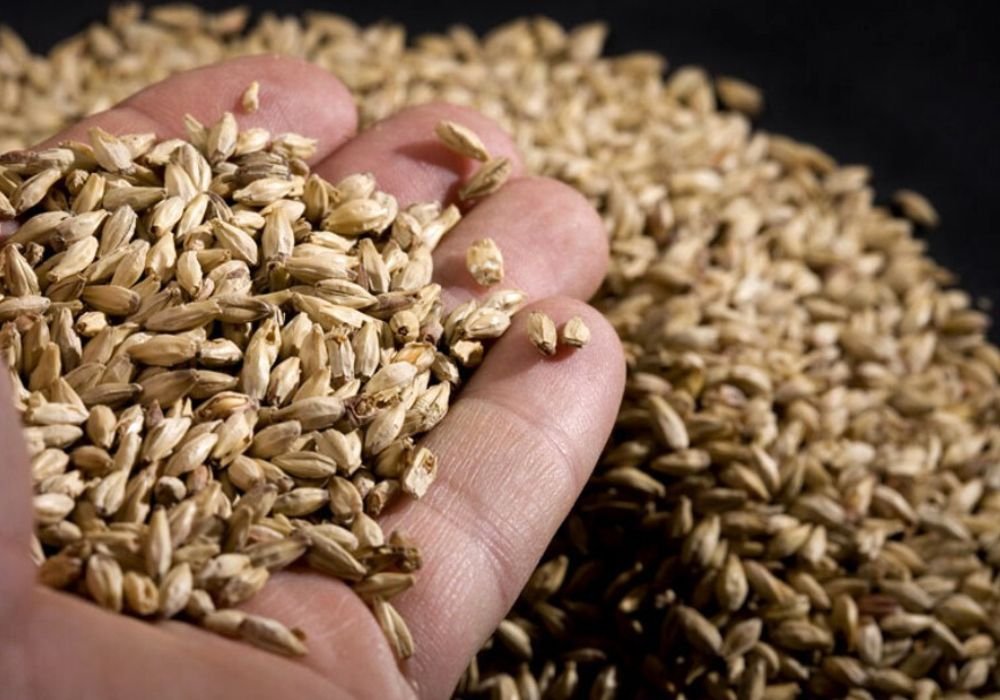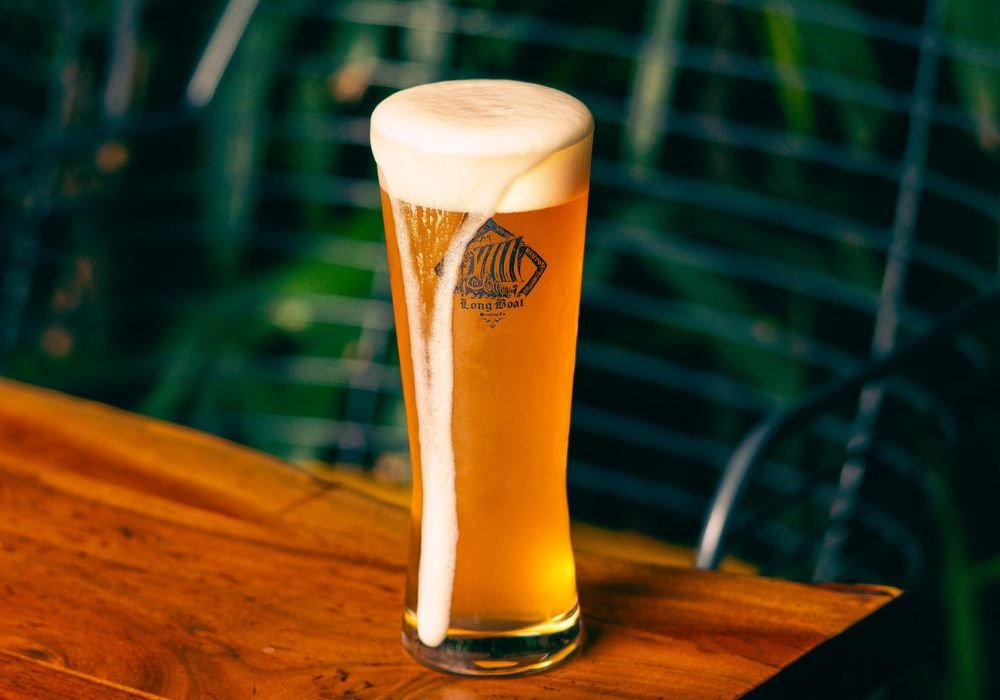Rehydration What? When? How?

Shrikant Magar
Manager of Wine & Brewing Division, Zytex Biotech Pvt. Ltd.
What is Beer Yeast:
Beer yeast (Saccharomyces cerevisiae) is fungi which grow as single cells and create daughters through budding or binary fission. There are two main types of yeast – Ale & Lager. Ale yeast are referred to as top-fermenting due to fermentation taking place at the top of the fermenter, while with lager yeasts the fermentation action takes place at the bottom of the fermenter. During fermentation, yeast produce a wide range of compounds and which affects the flavor of the finished beer.
Why Rehydration Is Recommended (But Not Essential)?
 When using dry yeast, a recipe often instruct for the packet to be pitched directly into the chilled wort. Directly pitching dry yeast is said to kill a large portion of the viable yeast cells. Rehydration of yeasts is recommended as it reduces osmotic stress on the yeast when rehydrated and pitched in liquid form. Rehydration guidelines are quite simple, and present a much lower risk of contamination than a starter, which is unnecessary with dried active yeast. Rehydration is a simple process which allows the dry yeast to become liquid yeast, reducing the osmotic stress and enhancing a homogeneous dispersion.
When using dry yeast, a recipe often instruct for the packet to be pitched directly into the chilled wort. Directly pitching dry yeast is said to kill a large portion of the viable yeast cells. Rehydration of yeasts is recommended as it reduces osmotic stress on the yeast when rehydrated and pitched in liquid form. Rehydration guidelines are quite simple, and present a much lower risk of contamination than a starter, which is unnecessary with dried active yeast. Rehydration is a simple process which allows the dry yeast to become liquid yeast, reducing the osmotic stress and enhancing a homogeneous dispersion.
The idea behind rehydrating dry yeast is that it reacclimates the cells to a liquid environment. In their dried state, yeast cells are dormant, which is ideal for storage but not for fermentation. Hydrating yeast “wakes them up” which in turn allows the yeast to ferment with less trouble.
Yeast Rehydration Process
Rehydration is not a hard process, but certain steps are crucial and require attention. Sanitation and temperature are critical aspects to keep a watch
Open the sachet or pack following clean and sanitized conditions
- Sanitize the upper part of the pack (e.g. ethanol 70%) and the scissors before opening
- Sprinkle the yeast on the surface of 10 times its weight in clean, sterilized water at 30-35°C (86-95F)
- Leave it undisturbed for 15 minutes, stir gently to suspend yeast completely
- Leave it for 5 more minutes at 30-35°C (86-95F)
- Attemperate in steps at 5-minute intervals of 10°C to the temperature of the wort by mixing aliquots of wort in order to adjust the temperature of the hydrated yeast, with no delay
Please Do Not
- Do not use wort, or distilled or reverse osmosis water, as it will result in loss of viability
- Do not stir right after sprinkling, as it may break the yeast cell membrane
- Do not allow attemperation to be carried out by natural heat loss. This will take too long and could result in loss of viability or vitality
WHAT IF I DO NOT REHYDRATE THE YEAST?
In case of sprinkling the yeast onto the wort, please take into account the following recommendations:
 1. Do not soak the sachet or pack into the wort, avoiding direct contact.
1. Do not soak the sachet or pack into the wort, avoiding direct contact.
– Sprinkle the yeast all over the wort surface.
– Maintain high hygienic conditions during the direct pitching.
However, this option is not recommended in high gravity worts (above 16ºP or SG 1.065) or in soured worts with low pH (lower than 3,5).
Frequently Asked Questions
- Should I oxygenate my wort? Lallemand yeast contains an adequate reservoir of carbohydrates and unsaturated fatty acids to achieve active growth. It is unnecessary to aerate wort upon first use.
However, in high gravity wort (>16ºP), some oxygenation would be beneficial in order to promote the synthesis of unsaturated fatty acids and sterols, which leads to new membrane cell formation. If oxygenation is not possible, then pitch accordingly to the wort gravity as a certain number of cells per mL will be required.
 What if pitch the yeast (dry or hydrated) at a much different temperature than my wort?
What if pitch the yeast (dry or hydrated) at a much different temperature than my wort?
Temperature differences greater than 10ºC between yeast and wort will result in a temperature shock. This will cause the formation of petite mutants, leading to long-term or incomplete fermentation and possible formation of undesirable flavors in your beer.
Rehydration is not always necessary. Not rehydrating the yeast makes the inoculation process simpler and less risky in terms of contamination without that extra step. However, carefully managed rehydration is still best practice in terms of yeast health, overall performance and beer taste under any condition.
About Lallemand Brewing:
Lallemand is a global leader in the development, production and marketing of yeast, bacteria and speciality ingredients. Lallemand’s presence in the brewing industry dates from the early 1970s when the company started producing dried pure culture brewing yeasts for beer kit manufacturers in Canada. In subsequent years, this activity was expanded to the production of other specific ale and lager beer yeasts for different clients in the United States, Europe and Australia. Lallemand’s beer-related activities have continued to grow, expanding beyond the production of beer yeast and yeast nutrients for the industrial, micro and home brewer. Strategic acquisitions in North America (Siebel Institute of Technology) and Europe (AB Vickers Ltd.) helped enhance the platform from which new products and services were launched. Today, Lallemand Brewing is a global business serving all segments of the brewing industry.
About Zytex Biotech Pvt.Ltd.
Zytex group inception was on 17th April 1947 under the name Arun & Co. as a trading company. The group changed its path in 1996 with its first venture into manufacturing of textile enzymes. The name ‘Zytex’ was coined from Enzymes and textiles. Soon, the manufacturing facility was ISO certified and grew the business rapidly to be a known company in the field of biotechnology. Further, the fermentation research started in the company in 2004 with a focus on bacillus technology. In 2009, Zytex set up a world class fermentation plant. Zytex, today, is one of the leading producers of bacillus in India and poised to become a global player. From the core technology of fermentation, Zytex started its Bio Agri division PlantbiotiX in 2015. In just a couple of years, PlantbiotiX has become a highly recognized brand for its high quality and performance-based products. Zytex also operates Unilever’s global enzyme lab for its detergent division supporting more than 90 factories globally and since 2009.
Zytex group also represents several global companies in the area of probiotics, prebiotics, oligosaccarides, food and nutraceutical ingredients, API’s, oenology ingredients, brewing ingredients and diagnostic reagents.
Zytex has entered a joint venture in India with Meiji group of Japan. Meiji is the no.1 food company in Japan with leadership in Chocolates and Milk.
About Lallemand and Zytex Biotech Pvt.Ltd association in India.
Lallemand Brewing has appointed Zytex as a distributor in India for the Lallemand Premium Dry Yeasts, Bacteria and Nutrients as well as the AB Vickers branded process aids and Siebel branded products (sensory kits and microbiological media). Now all breweries and home brewers can easily source Lallemand Brewing products locally in India from M/S ZYTEX BIOTECH PVT.LTD. MUMBAI.
Zytex is well established in the field of biotechnology for many years, offering an array of high quality biotech products to various industries in India. The coming together of two companies will make positive contribution to the growth of the Indian brewing industry and allow easier access to Lallemand products and regional technical support.



